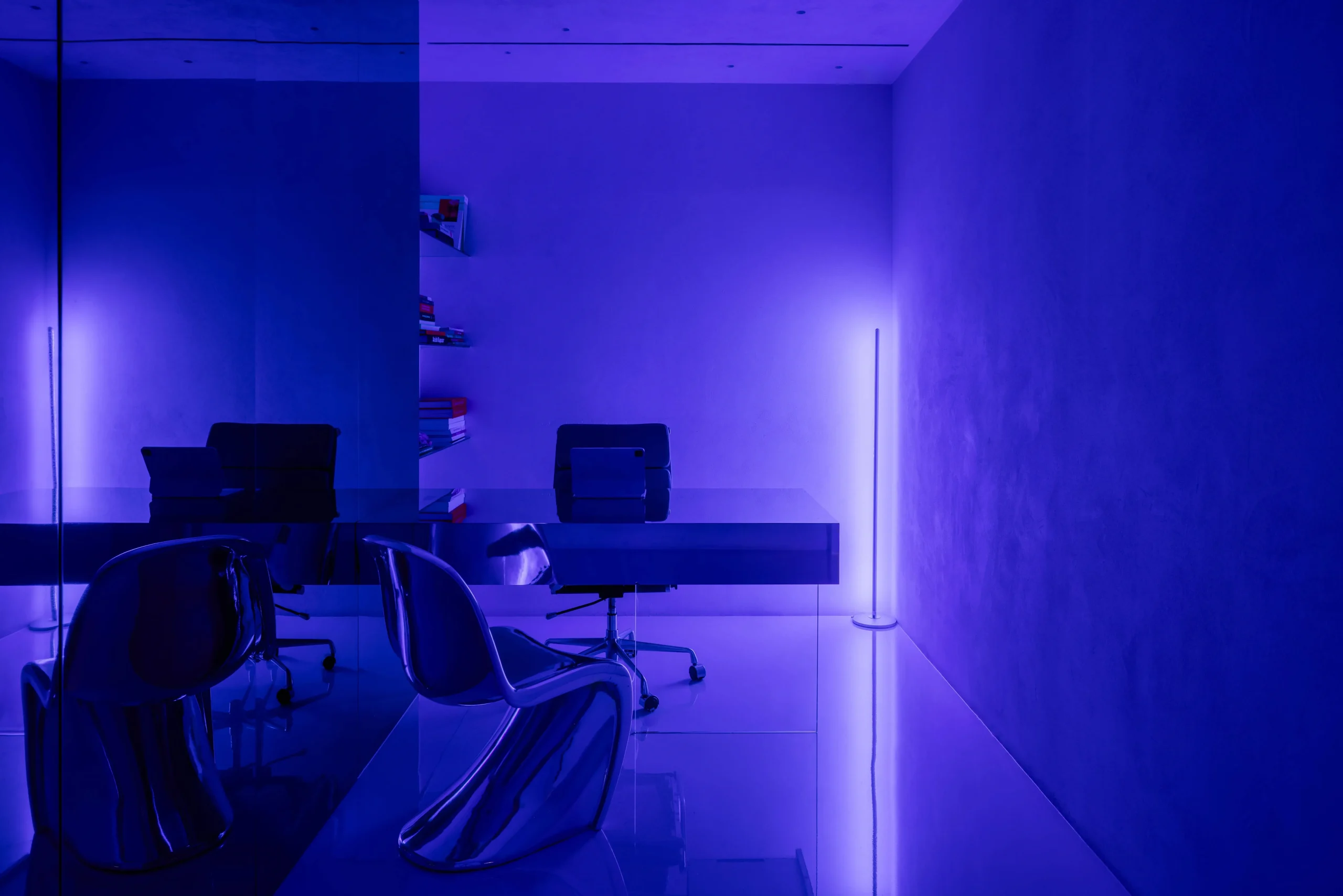Mole mapping is a technique used to monitor moles and other skin lesions to detect early signs of skin cancer, particularly melanoma. The procedure involves taking high-resolution photographs of the skin to create a detailed map of all existing moles. This allows for easier monitoring over time, as any changes in size, shape, or color can be quickly detected and assessed. Mole mapping is a proactive approach to skin cancer prevention, allowing for early intervention if necessary.
Who Is the Best Candidate?
- Individuals with a history of melanoma or other skin cancers.
- People who have numerous moles or irregularly shaped moles.
- Those who have a family history of skin cancer and wish to monitor their skin health closely.
Is mole mapping painful?
The procedure is non-invasive and completely painless.
How often should I have mole mapping done?
It is recommended to have mole mapping done annually or more frequently if you have a higher risk of skin cancer.
What happens if a mole changes?
If a mole shows signs of change, it will be assessed by a dermatologist, and a biopsy may be recommended for further testing.

